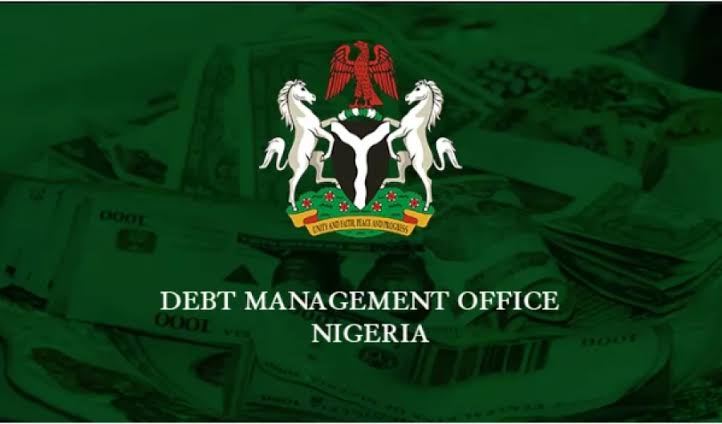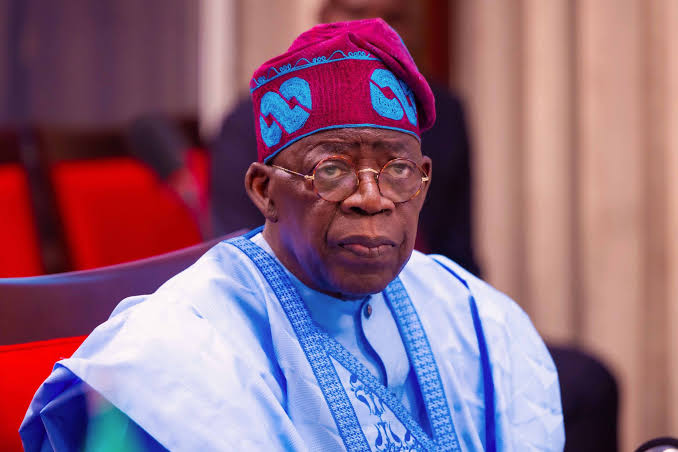Nigeria’s total public debt has reached N121.67 trillion within three months, according to Debt Management Office (DMO).
Gatekeepers News reports tgsf this figure represents an increase of N24.33 trillion or 24.99 percent from the N97.34 trillion as of December 2023.
Nigeria’s public debt profile consists of domestic and external debt stocks of the federal and subnational governments — the 36 states and the federal capital territory (FCT).
According to the DMO, the increase was primarily due to new domestic borrowing by the federal government to partly fund the deficit in the 2024 budget as well as disbursements by multilateral and bilateral lenders.
“Total domestic debt was N65.65 trillion (USD46.29 billion) while total external debt was N56.02 trillion (USD42.12 billion).
“Excluding naira exchange rate movements in Q1 2024, only the domestic debt component of total public debt grew from N59.12 trillion on December 31, 2023, to N65.65 trillion on March 31, 2024.
“The increase was from new borrowing to part-finance the 2024 Budget deficit and securitization of a portion of the N7.3 trillion Ways and Means Advances at the Central Bank of Nigeria.
“Whilst borrowing, as provided in the 2024 Appropriation Act, will continue, we expect improvements in the government’s revenue to enhance debt sustainability.”
On June 13, Wale Edun, the Minister of Finance and Coordinating Minister of the Economy, announced the approval of two major “financial support packages” by the World Bank, valued at $2.25 billion.
In May, the Bureau of Public Enterprises (BPE) stated that the federal government has secured a $500 million World Bank loan to enhance electricity distribution in the country.
Before this, the federal government had received $750 million from the World Bank for humanitarian and social reforms, and $1.5 billion for its economic stabilization plan.







